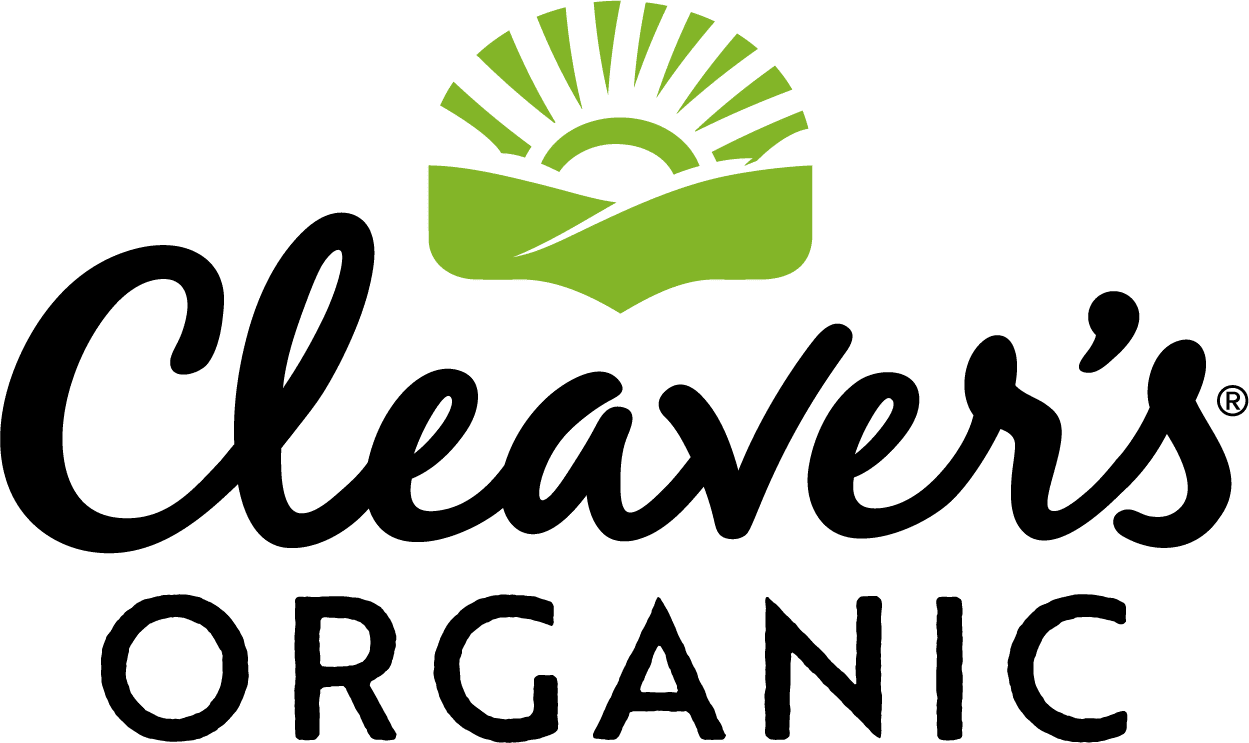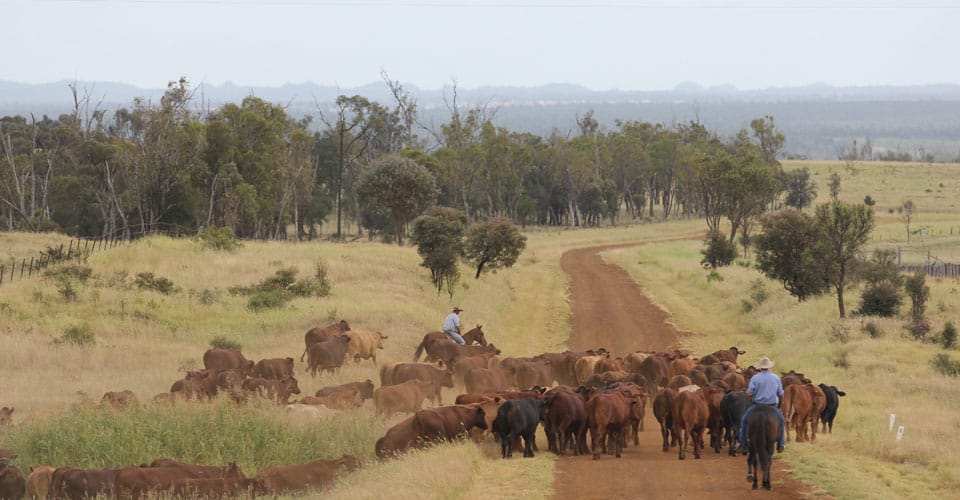We are almost two thirds of the way through the UN’s international year of family farming, making it a key time to highlight why this form of agricultural business is important in Australia – as well as the rest of the world.
In fact, many grass-fed beef and lamb farms are family owned and operated and these people are able to give back socially, economically and environmentally to the Lucky Country.
SOCIAL EFFECT OF FAMILY FARMING DOWN UNDER
According to the National Farmers’ Federation (NFF), around 90 per cent of the farms in Australia are owned by families. Of the 115,000 businesses that reported agriculture as their main activity in 2012-13, 34 per cent work in the beef cattle farming sector, according to figures released by the Australian Bureau of Statistics.
Each family farm in Australia produces enough to feed 600 people – 150 in Australia and the rest abroad, according to the NFF. In order to produce this much food, these farms need to employ Australian workers.These workers are able to get involved with the local community, sending their kids to local schools and participating in events that benefit the region.
ECONOMIC GAINS OF FAMILY FARMING
As well as helping individuals to feed their families, there are also economic benefits for the country at large.
In fact, the NFF claims agricultural farming contributes around 3 per cent of Australia’s gross domestic product (GDP) at farm-gate. The impact is increased after the vital value-adding processes are added in as well as the economic activities such as farm inputs are considered. It states the real value of family farming is closer to 12 per cent of GDP or $55 million.
The demand for high quality organic beef and lamb both in Australia and overseas is growing, so this industry looks set to continue to rise, bringing with it higher export revenue, which will benefit the country as a whole.
ENVIRONMENTAL EFFECTS
Organic family farming has a less detrimental effect on the planet than conventional farming. The NFF state 94 per cent of Australian farmers actively undertake natural resource management, and organic farmers also have the advantage of using only natural fertilisers and pesticides, which do not damage the environment.
Crop rotations and other farming methods ensure the land can function at its best and promote biodiversity, which can help to create a more balanced farm and protect and encourage certain species of plants and animals alike.
The food you will be consuming from these farms – such as delectable organic grass-fed beef – may be more nutritious as a result of the farming methods used, too, which is another reason why family farming comes up trumps!

